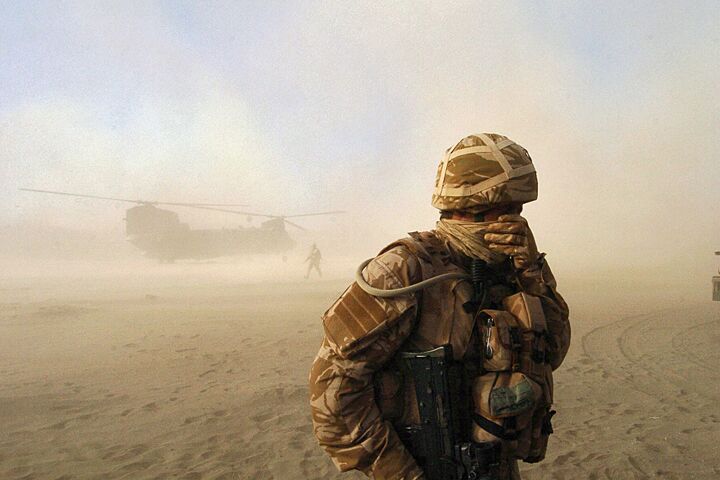
Proposed NATO Manifesto Exposes Ailing Condition
Nato is ailing in Afghanistan. The Afghan insurgency continues a full six years after U.S. troops toppled the Taliban regime. Failure to contain insurgencies in southern Afghanistan has prompted U.S. Defense Secretary Robert Gates to criticize the forces of the North Atlantic Treaty Organization for reliance on outdated Cold War fighting strategies and being untrained in counterinsurgency warfare techniques.
nato’s difficulties in Afghanistan and Gates’s criticisms reveal a deep-seated nato identity crisis. nato was founded in 1949 as an alliance against Soviet-led communism. Its purpose was to protect member states from Soviet aggression. Article 5 of the nato treaty states that if a member of the nato alliance is attacked, all members of the alliance are obligated to come to its aid.
After the Soviet Union fell in 1991, the original purpose for nato’s existence ceased to exist. In order to justify the continuation of the organization, nato took on a new role in 1999: It waged a military campaign against Serbia over the alleged Kosovo genocide. This was the first time nato had ever embarked upon a mission outside of its member states. The organization’s purpose was evolving from defensive alliance to global policeman.
nato’s trials in Afghanistan have shown its difficulty in adapting to this new role. It is much harder to get members of a multinational alliance to agree on whether or not to conduct a policing operation in the mountains of Central Asia than to agree on defending a neighbor from a Communist superpower. Because of this fact, nato members are divided on the Afghanistan issue. National opt-outs and differences of opinion have made the Afghan counterinsurgency campaign largely ineffectual.
Perhaps nothing illustrates this point better than recent calls for reform. A panel of five of the West’s most senior military officers and strategists has called for a new nato pact. This pact will likely be discussed this April at the next nato summit in Bucharest, Romania. This proposed nato manifesto redefines nato’s key threats to include political fanatism, religious fundamentalism, international terrorism, organized crime and nuclear proliferation.
In order to combat these threats, the manifesto outlines the following changes:
- A shift from consensus decision-making to majority voting
- The abolition of national caveats in nato operations
- No decision-making role for nato members that are not contributing in the operations
- The authority to use force without UN approval
- A resolve to resort to a pre-emptive nuclear attack if necessary
- The formation of a governing directorate composed of U.S., EU and nato officials.
This proposed manifesto shows that nato officials are realizing that if nato is to survive, it needs to undergo reform.
This nato charter would give the European Union a governing position alongside the United States. “We propose, as a first step towards a new and wider transatlantic bargain, the establishment of a U.S., EU, nato steering directorate at the highest political level,” the report, presented to the German Marshall Fund in Brussels January 16, states.
Whether or not the proposed nato manifesto is implemented, watch for Europe to take up the mantle of global policeman as the military might and will of America wanes. If Europe is given a governing role in nato, it will only further catapult Europe as a global policy-shaper.
For more information on the future of the EU and nato, read “Europe‘s New Policeman.”
